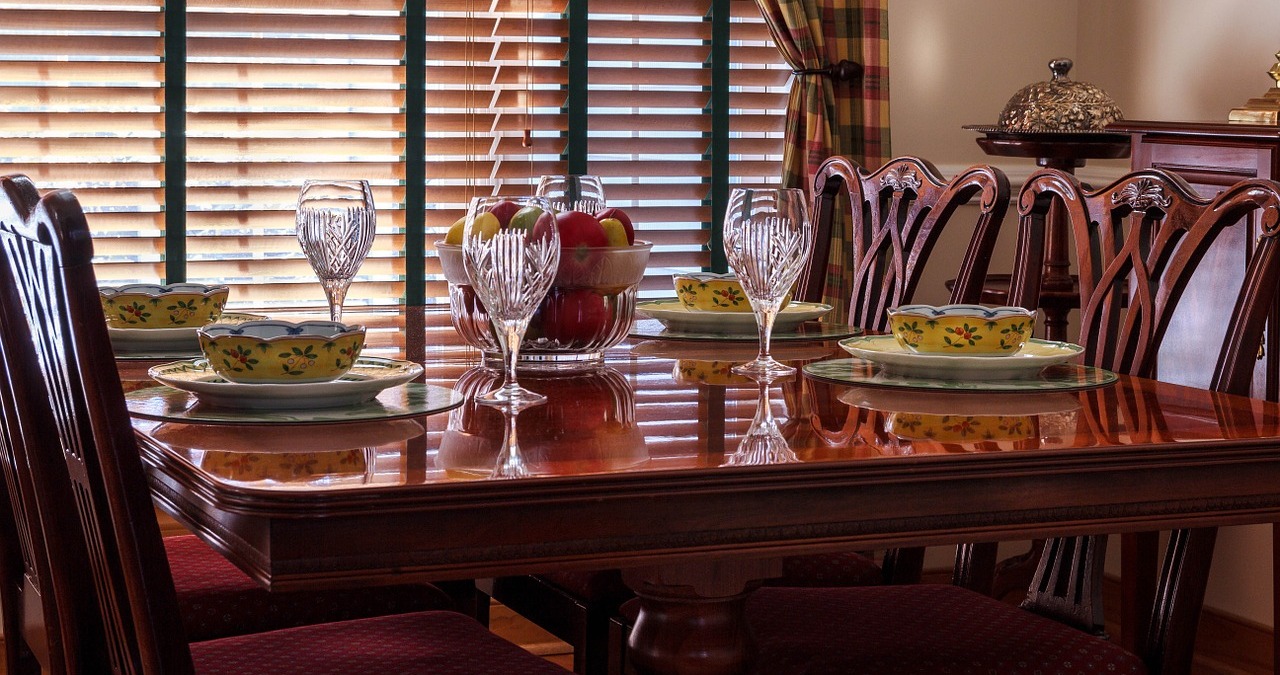One of the great blessings for the Lord’s church down through centuries has been Divine insight into issues that plagued the church at Corinth. Corinth had multiple challenges that tested their faith. Studying this congregation has been a light of—what to do—in facing congregational adversity for Christian saints for nearly 2000 years. The good news at Corinth faced challenges of unity (1:10-4:21), sexual immorality (5:1-6:20), marriage (7:1-24), idolatry (8:1-11:1), communion and worship (11:17-34), spiritual gifts (12:1-14:40), and the resurrection (15:1-58). In First Corinthians 11, Paul targets a specific problem concerning the Lord’s Supper. He writes
17 But in the following instructions I do not commend you, because when you come together it is not for the better but for the worse. 18 For, in the first place, when you come together as a church, I hear that there are divisions among you. And I believe it in part, 19 for there must be factions among you in order that those who are genuine among you may be recognized. 20 When you come together, it is not the Lord’s supper that you eat. 21 For in eating, each one goes ahead with his own meal. One goes hungry, another gets drunk. 22 What! Do you not have houses to eat and drink in? Or do you despise the church of God and humiliate those who have nothing? What shall I say to you? Shall I commend you in this? No, I will not. . . .34 if anyone is hungry, let him eat at home—so that when you come together it will not be for judgment. About the other things I will give directions when I come. (1 Corinthians 11:17–22, 34).
The question “Do you not have houses to eat and drink in?” (22) and “let him eat at home” have been hotly contested texts for two different views on Christian fellowship, dining, and worship. One view holds that this passage forbids brethren from eating together in a church building or a church fellowship hall. This view understands the passage to mean that meals are demanded outside a church structure. In contrast, another view holds that the passage does not forbid dining or fellowship meals in the church building or a fellowship hall if the sacredness of the Lord’s Supper is not compromised. Which view does the Bible support?
First, consider that from the day of Pentecost forward Christians were together engaged in many mutual activities (Acts 2:42-46). Two of those activities were breaking bread in the sense of taking the Lord’s Supper (Matt. 26:26-29, Acts 2:42) and dining in receiving a common meal together (Acts 2:46). Second, notice that these two events occurred in the same structure. In Acts 20:7-11, Paul waits to commune on the first day of the week. This occurs in the upper room and later Paul returns to that upper room to dine and converse before leaving (Acts 20:11). In First Cor. 11, Paul was targeting abuses of the sacredness of the Lord’s Supper. In Corinth, drunkenness, hunger, dining, and the Lord’s holy communion were all going on simultaneously. Something had to change.
To avoid issues of physical hunger, could food not be eaten at home? The answer is a resounding yes! What is clear from the text is that Corinth was meeting in somewhere other than a specific home. But, was Paul’s admonition forbidding any mutual dining where the saints were gathered (e.g. in the church building)? Was Paul saying, that you—Corinth as a congregation—and the rest of the church for generations to come, should never eat in a church building? Was Paul advancing that food, primarily, if not only, is to be eaten at home? Let’s go back to the 1 Corinthian 11 context.
Paul identifies that the sacredness of two acts is materially different. While mutually, food should be received with thanksgiving (Acts 2:46, 1 Thess. 5:16-18), the Lord’s supper is an act that includes thanks, remembrance, covenant, proclamation, expectation, examination and discernment (1 Cor. 11:23-29). According to the Bible, holiness could be maintained, but not guaranteed by Paul’s admonition to structurally separate dining from communion. It is possible for a person to take communion in a church gathering (e.g. building) and either profane or glorify God (21). Similarly, it is possible for an individual to dine at home and either bless or profane God in this act. What is clear is that the act of communion or dining is separable from the structure in which it occurs. A structure could facilitate or detract from an act, but it cannot guarantee its holiness. A building makes communion no more holy. Likewise, a house makes dining no more worthy of thanks. The problem at Corinth was not sanctity wholly tied to their structure or building, but instead sanctity tied to an act of somber memorial in commemorating and proclaiming the death of Christ. May we as Christians continue to maintain the sacredness of communion and the blessedness of fellowship dining regardless of where these two acts occur.


